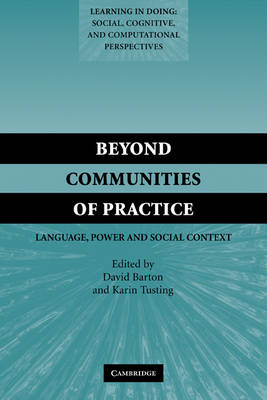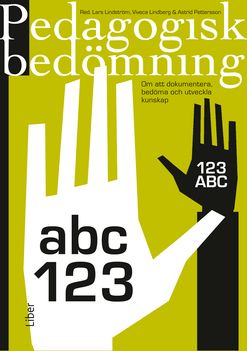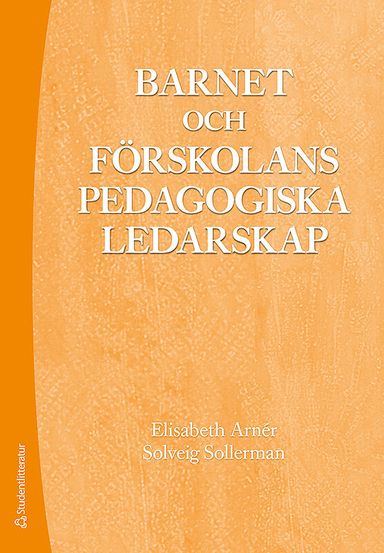

Beyond Communities of Practice
- Utgiven: 2005
- ISBN: 9780521544924
- Sidor: 258 st
- Förlag: Cambridge University Press
- Format: Häftad
- Språk: Engelska
Om boken
The concept of 'communities of practice' (Lave and Wenger 1991, Wenger 1998) has become an influential one in education, management, and social sciences in recent years. This book consists of a series of studies by linguists and educational researchers, examining and developing aspects of the concept which have remained relatively unexplored. Framings provided by theories of language-in-use, literacy practices, and discourse extend the concept, bringing to light issues around conflict, power, and the significance of the broader social context which have been overlooked. Chapters assess the relationship between communities of practice and other theories including literacy studies, critical language studies, the ethnography of communication, socio-cultural activity theory, and sociological theories of risk. Domains of empirical research reported include schools, police stations, adult basic education, higher education, and multilingual settings. The book highlights the need to incorporate thinking around language-in-use, power and conflict, and social context into communities of practice.
Åtkomstkoder och digitalt tilläggsmaterial garanteras inte med begagnade böcker
Mer om Beyond Communities of Practice (2005)
I oktober 2005 släpptes boken Beyond Communities of Practice skriven av David Barton. Den är skriven på engelska och består av 258 sidor. Förlaget bakom boken är Cambridge University Press.
Köp boken Beyond Communities of Practice på Studentapan och spara pengar.
Referera till Beyond Communities of Practice
Harvard
Barton, D. (2005). Beyond Communities of Practice. Cambridge University Press.
Oxford
Barton, David, Beyond Communities of Practice (Cambridge University Press, 2005).
APA
Barton, D. (2005). Beyond Communities of Practice. Cambridge University Press.
Vancouver
Barton D. Beyond Communities of Practice. Cambridge University Press; 2005.



















